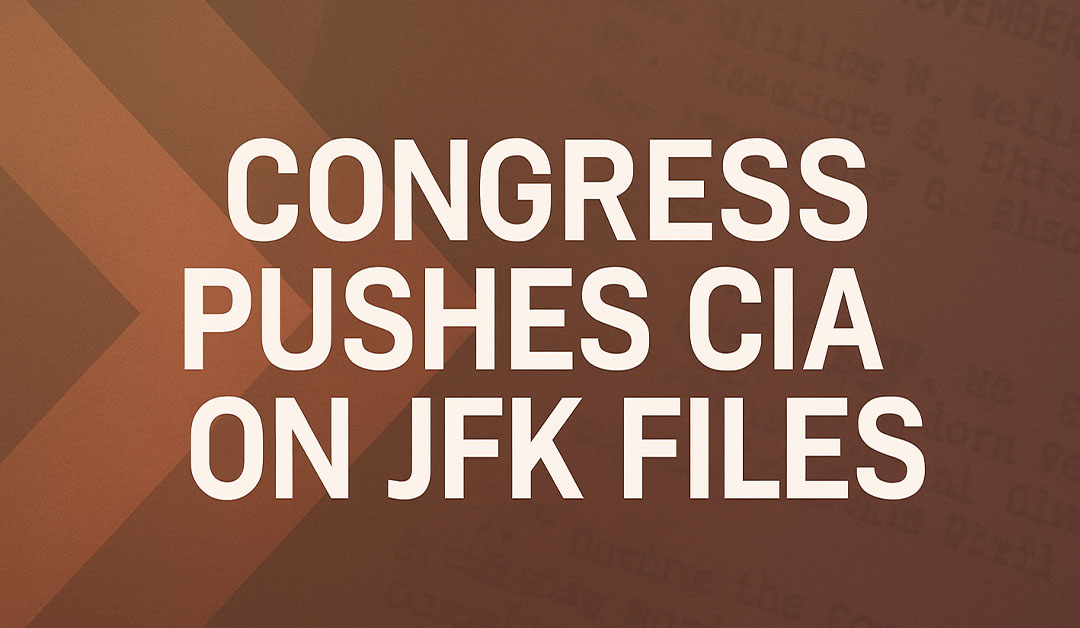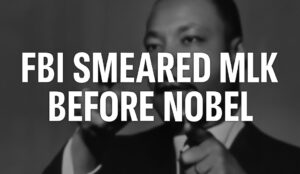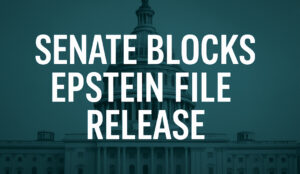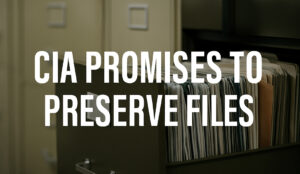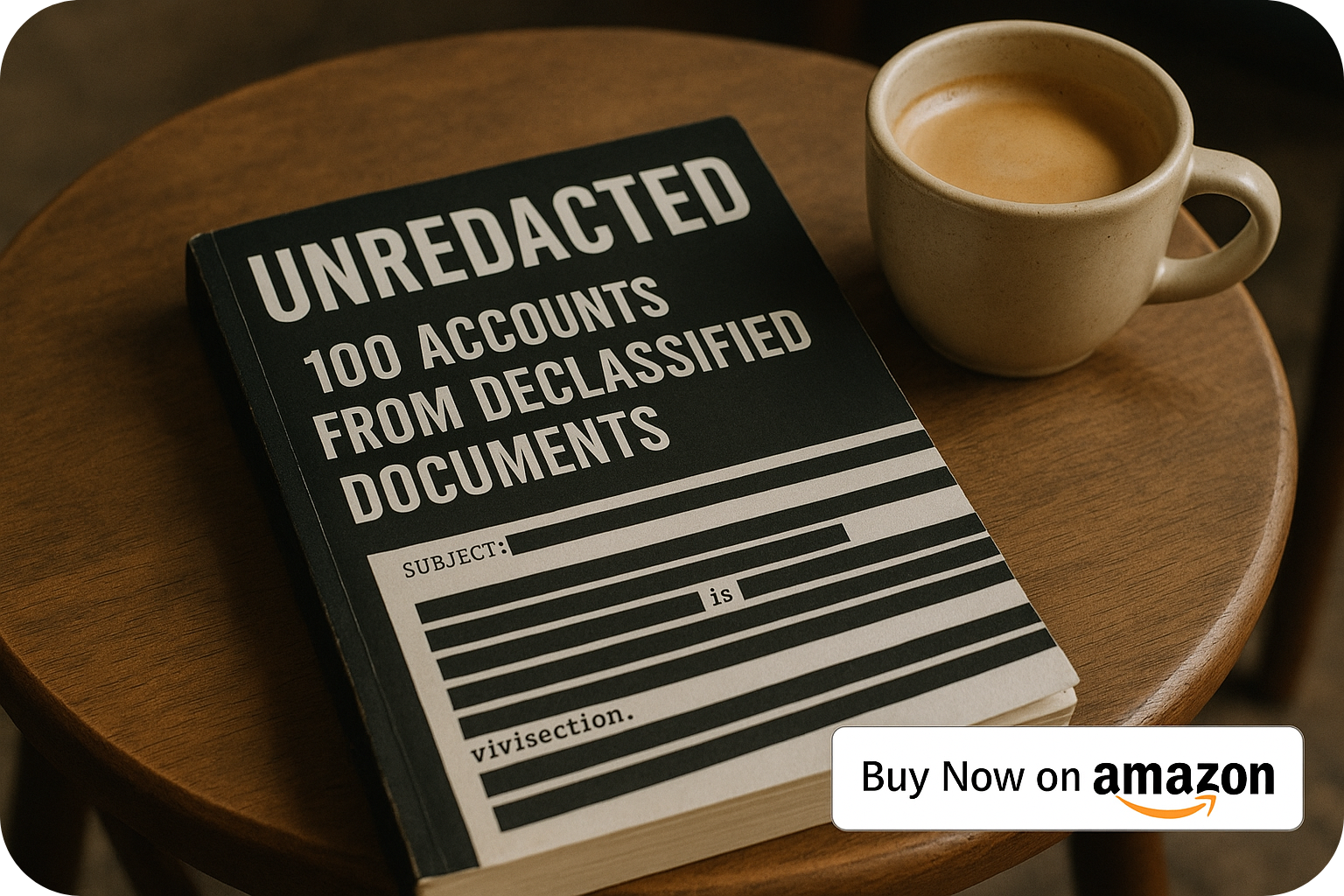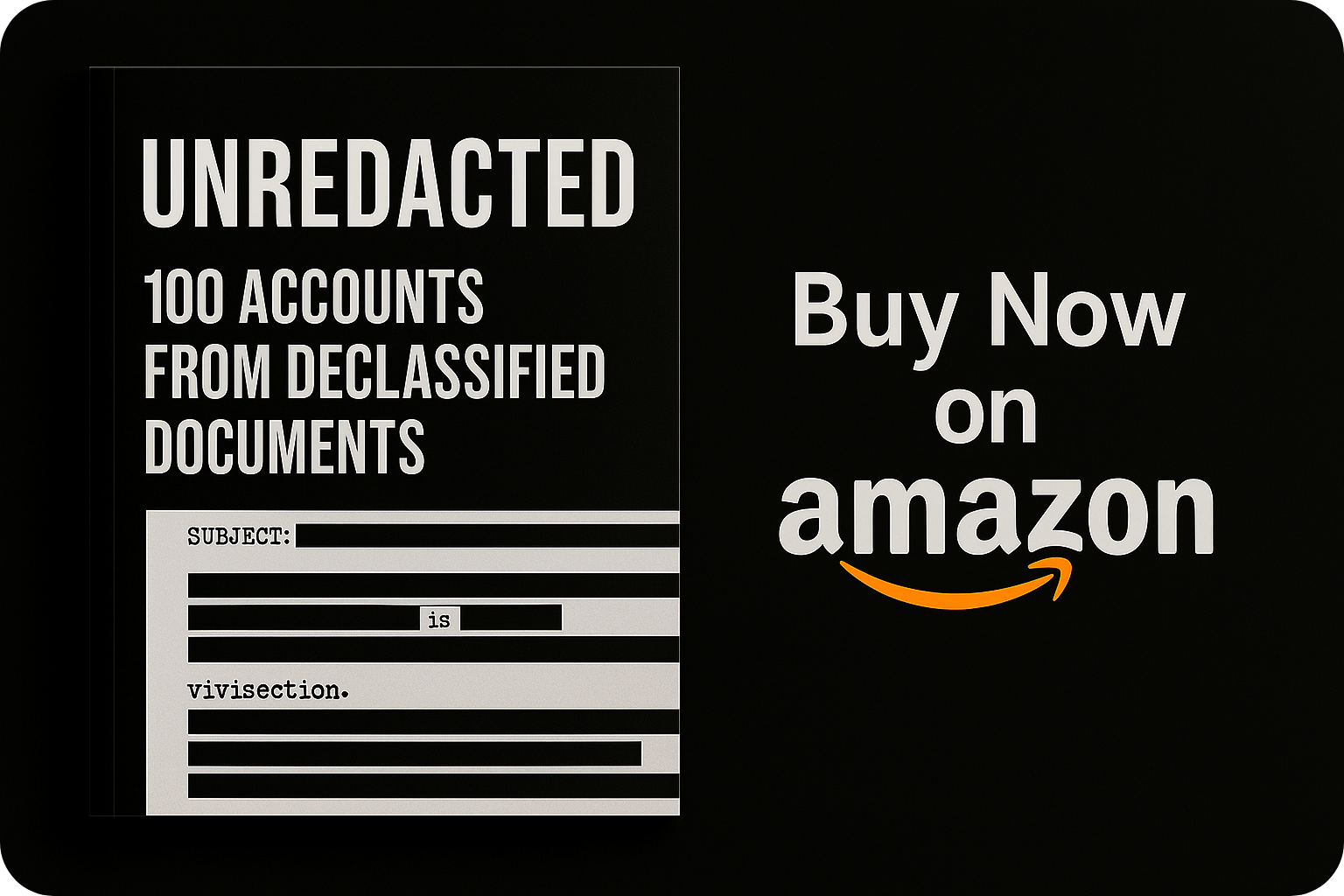On November 24, 1976, Richard A. Sprague, Chief Counsel for the U.S. House Committee on Assassinations, paid a pivotal visit to CIA Headquarters.
The committee was tasked with reinvestigating the assassinations of President John F. Kennedy and Dr. Martin Luther King Jr.
This internal CIA memo documents the visit-and reveals how seriously Sprague took his mission.
📂 Access, Oversight and Tensions
Sprague brought two staff members, Donovan Gay and Richard Feeney, and made it clear from the start that he would not discuss classified material until proper clearances were granted.
But once cleared, he wanted access-and lots of it.
Sprague emphasized that only his committee could determine what documents were "relevant."
He strongly objected to the Agency making that call without his oversight.
He even pressed the CIA’s Office of Legislative Counsel on whether any documents had been destroyed.
He made it clear: every scrap of information mattered.
Sprague also expressed preference for keeping documents on-site at Langley, rather than removing them.
He hoped for a secure review space, and expected CIA personnel to assist in sorting and analyzing the records.
🧠 Tracking Oswald, Cuba, and Soviet Defectors
Sprague showed a keen interest in several areas:
- Lee Harvey Oswald’s visit to Mexico City
- Telephone intercepts from that period
- Operations involving Cuba
- Interviews with Americans who defected to the Soviet Union and returned
He pressed CIA staff for details on whether tape transcriptions related to Oswald had been erased, and whether transcripts were complete.
He also questioned whether U.S. defectors were ever interviewed by CIA after returning from the USSR.
Staff told him those interviews would fall under FBI jurisdiction, and no such interviews were known.
🤝 A Serious Investigator with an Open Approach
CIA staff found Sprague "disarming in manner," though sharply focused.
He appreciated the scale of the archival review underway-particularly related to Cuba and JFK.
"He will explore each point of interest to an ultimate conclusion."
Despite the intense subject matter, the memo suggests Sprague was not hostile or accusatory-but firm.
He expected full transparency and would not tolerate obstruction.
This document offers a rare behind-the-scenes view of how the U.S. government, more than a decade after the assassinations, was still struggling to untangle the truth.

